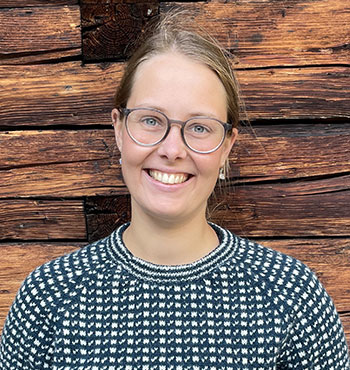Adaptation in the extreme: transgenerational impacts of multistressors in rockpool environments
This project investigates the transgenerational impact of environmental stressors combined with chemical pollutants in the rockpool copepod Tigriopus brevicornis and its adaptation potential.
Intertidal supra-littoral wetland ecosystems are defined by extremely dynamic and variable environmental conditions driven by tidal, climate, and terrestrial input cycles. They are increasingly exposed to multiple human-induced stressors of global climate change and pollution. The ecosystem services provided by rocky shores are diverse and essential for supporting marine biodiversity, coastal resilience, and human well-being. They are especially important for habitat provision and supporting biodiversity, nutrient cycling, and water filtration. Protecting and conserving these habitats is crucial for maintaining healthy coastal ecosystems and sustainable use of marine resources.
In this project, we will use the rockpool copepod Tigriopus brevicornis as a laboratory model to examine the short and long term impacts of common and emerging rockpool stressors and the ways in which extreme intertidal species might adapt under future climate change scenarios. Tigriopus copepods are adapted to survive in high intertidal pools, which undergo extreme fluctuations in environmental conditions, principally salinity, temperature, oxygen, and pH, over tidal, semilunar (spring/neap) and seasonal cycles.
This project aims at understanding the mechanistic basis of zooplankton response and adaptation to environmental variation and local pollutants. A particular focus will be on the stress response and adaptation potential differences among Tigriopus populations from different sites after multiple generations and how they compare to wild populations.
We will identify T. brevicornis populations from across the U.K. that are exposed to a range of contaminants and environmental conditions. Sites will be monitored across time (temperature, salinity, and pH) and water sampled to characterise the chemical profiles (metals and selected chemical contaminants) of the sites. T. brevicornis from 2-3 sites with different profiles will then be used to establish separate long-term cultures in the laboratory. Multigenerational multisstressor exposure experiments will be conducted to assess and compare sensitivities across the T. brevicornis populations from the different sites. The response and adaptation of the different populations to the experimental conditions will be assayed by behavioural and physiological analyses for activity levels (changes in circadian rhythms and respiration), reproductive fitness tests based on larval survivorship, genetic integrity and gene expression analysis, and the genomic basis of adaptation will be investigated.
Supervisors
Dr Helena Reinardy – SAMS
Dr Kim Last – SAMS
Dr Michelle Jackson – University of Oxford
Dr Victoria Pritchard – UHI Inverness
Isabella Gosetto – JNCC
Funder
NERC funded ECOWILD CDT
Start Date
01/10/2024
Education
2024 - BSc Hons 1:1 - Marine Science with Arctic Studies - SAMS(UHI)
Employment
May-July 2022 - Summer Research Intern (Biomarkers in zooplankton) - SAMS
June-August 2023 - Summer Research Intern (Zooplankton fieldwork and ecotox exposure experiments at Akvaplan-niva, Tromsø, Norway) - SAMS
May-July 2024 - Summer Research Intern (DNA barcoding a Calanus population) - SAMS (funded by UKEMS)
Fieldwork experience
3-weeks research cruise (OSNAP) in the North Atlantic organised by NOC and SAMS where I participated as chemistry assistant taking water samples from the CTD and doing onboard oxygen analysis by automated Winkler titration. Arctic fieldwork experience in marine geology (5-day cruise as part of university module, Svalbard), terrestrial geology (independent and organised trips as part of university module, Svalbard), and zooplankton collection in Tromsø, Norway.
Professional memberships
Student member of the Genetics Society, Biochemical Society, UK Mutagenesis Society (UKEMS), and World Association of Copepodologists (WAC)
Professional training courses
2022- STCW Personal Survival Techniques (PST) certificate for seafarers – Fish Industry Training Association (FITA)
